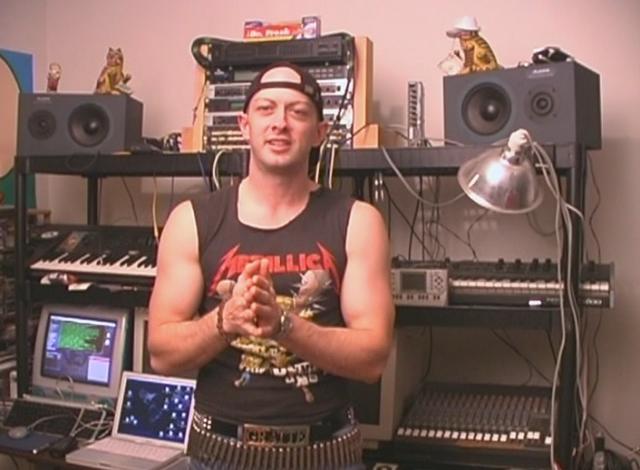A decade before the consumer Internet broke into the domestic arena of home computing, several generations of Americans built an archipelago of early dial-up networks called Bulletin Board Systems (or BBSes). Thousands of these text-based networks allowed messaging, forums, and file sharing between their users—potentially anyone who had the right number to call. The culture of each BBS meanwhile was unique: a board might attract teen hackers sharing discoveries while exploring phone company switches, far-flung software developers with similar interests, or an otherwise dispersed urban gay community. Using a modem-equipped home computer, all of these divergent groups would together engender a nascent culture of networked communication and sociability.
Today in New York, as the Internet evolves toward an increasingly exotic script-driven era of data persistence and identity tracking, many in the cultural sector are looking to the historical precedents of the roaring consumer Internet of the mid-90s. The bulletin board system scene is a vital component of understanding this pre-Internet history as well as the social infrastructure underlying the rapidly evolving present.
Jason Scott’s 2005 film BBS: The Documentary features over 200 in-depth interviews with some of the central protagonists of the BBS era of the 80s and early 90s. From hobbyist programmers to tech entrepreneurs and teen hackers and phone phreaks, Scott has created a major work of computing and communications history that lets these pioneers tell their own story. BBS is an authoritative and engrossing look into the culture that prepared millions of Americans for the Internet.
Two chapters of the eight-hour film will be presented:
“Make it Pay” covers the BBS industry that rose in the 1980's and grew to fantastic heights before disappearing almost overnight.
“HPAC (Hacking Phreaking Anarchy Cracking)” hears from some of the users of "underground" BBSes and their unique view of the world of information and computers.
